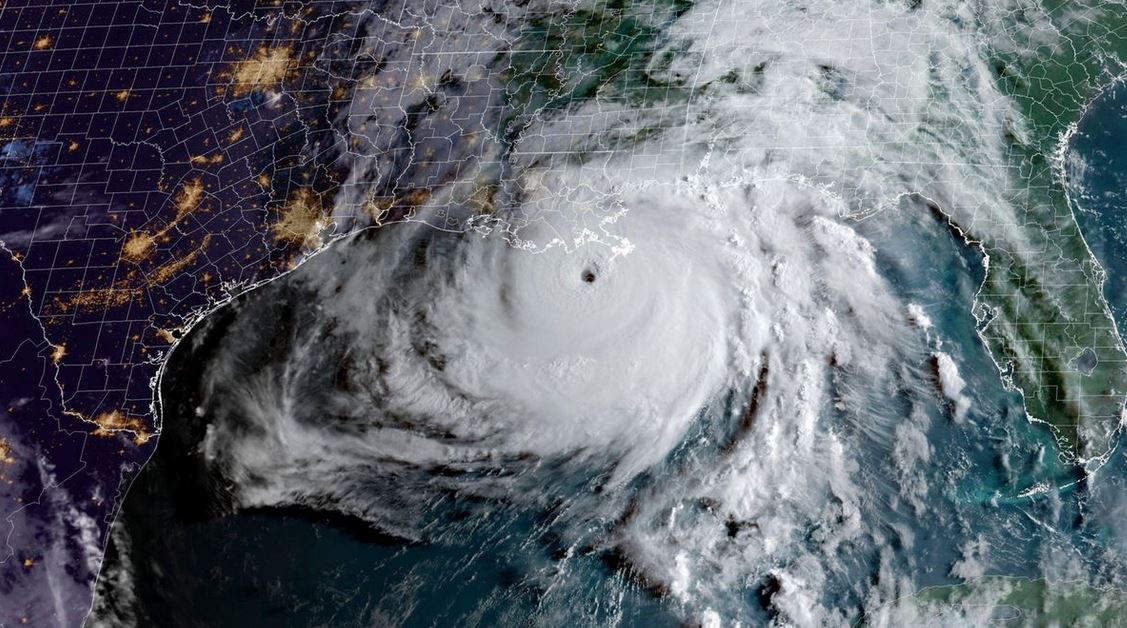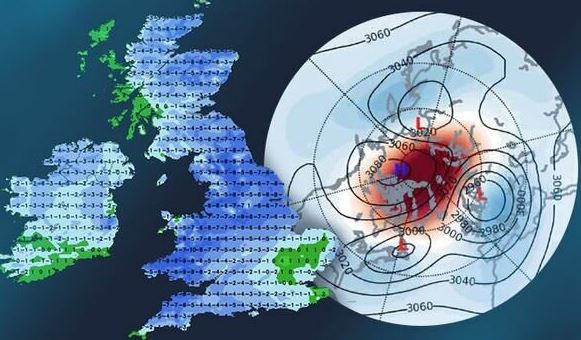DeepMind’s GraphCast: Revolutionizing Weather Prediction with Unmatched Accuracy and Speed

Google’s DeepMind introduces GraphCast, a machine learning algorithm claiming superior accuracy in predicting the weather compared to supercomputers, excelling in a 10-day forecast in under a minute. (Photo: livescience)
A Breakthrough in Weather Prediction Technology, Enhancing Accuracy and Speed while Posing Questions about Transparency
Google’s DeepMind has developed a machine learning algorithm called GraphCast, asserting superior accuracy in predicting the weather compared to supercomputers. The model, outperforming the European Centre for Medium-Range Weather Forecasts (ECMWF) system on over 99% of weather variables in 90% of test regions, can predict the weather for a 10-day forecast in under a minute. While it complements existing tools and offers faster predictions, GraphCast’s “black box” nature raises concerns, emphasizing its role as a supplementary method to predict the weather rather than a replacement.
Traditional forecasting relies on complex physical models and supercomputers that are energy-intensive and costly to predict the weather. GraphCast, trained on 38 years of global weather data, operates more efficiently, identifying patterns between variables like air pressure and humidity to predict the weather.
It excelled in predicting extreme events and demonstrated over 99% accuracy when focused on the troposphere, where human-impacting weather events occur, allowing it to predict the weather more accurately. Despite impressive results, the model, due to its unexplainable nature, is seen as a complement to existing tools rather than a substitute to predict the weather.
READ ALSO: North Philadelphia Police Respond to Fatal Shooting, Confirming 2 Men Dead and 5 Injured
GraphCast’s Hurricane Prediction Success Signals Advancements in Weather Forecasting, Despite Need for Validation
The AI model, deployed on the ECMWF website, accurately predicted Hurricane Lee’s landfall in Nova Scotia nine days in advance, showcasing its ability to predict the weather. However, scientists emphasize the need for traditional forecasts to verify and set starting data for predictions, citing potential errors or “hallucinations” in AI results when trying to predict the weather.
While GraphCast enhances speed and complements existing methods, its primary contribution lies in advancing climate pattern understanding, aiding global efforts to predict the weather and address environmental challenges, according to Rémi Lam, a research engineer at DeepMind.
READ: Surge in Laser Pointer Incidents Prompts Air Force to Mandate Protective Eyewear
























